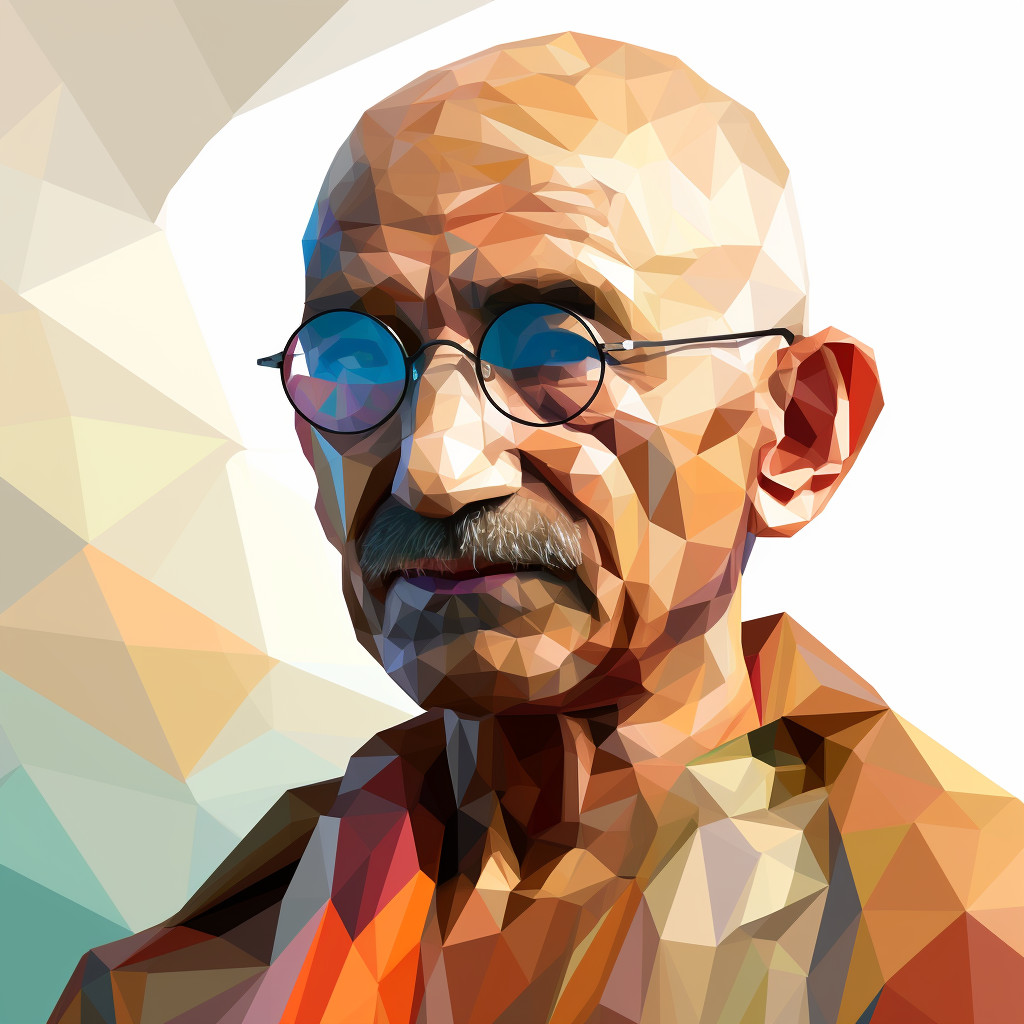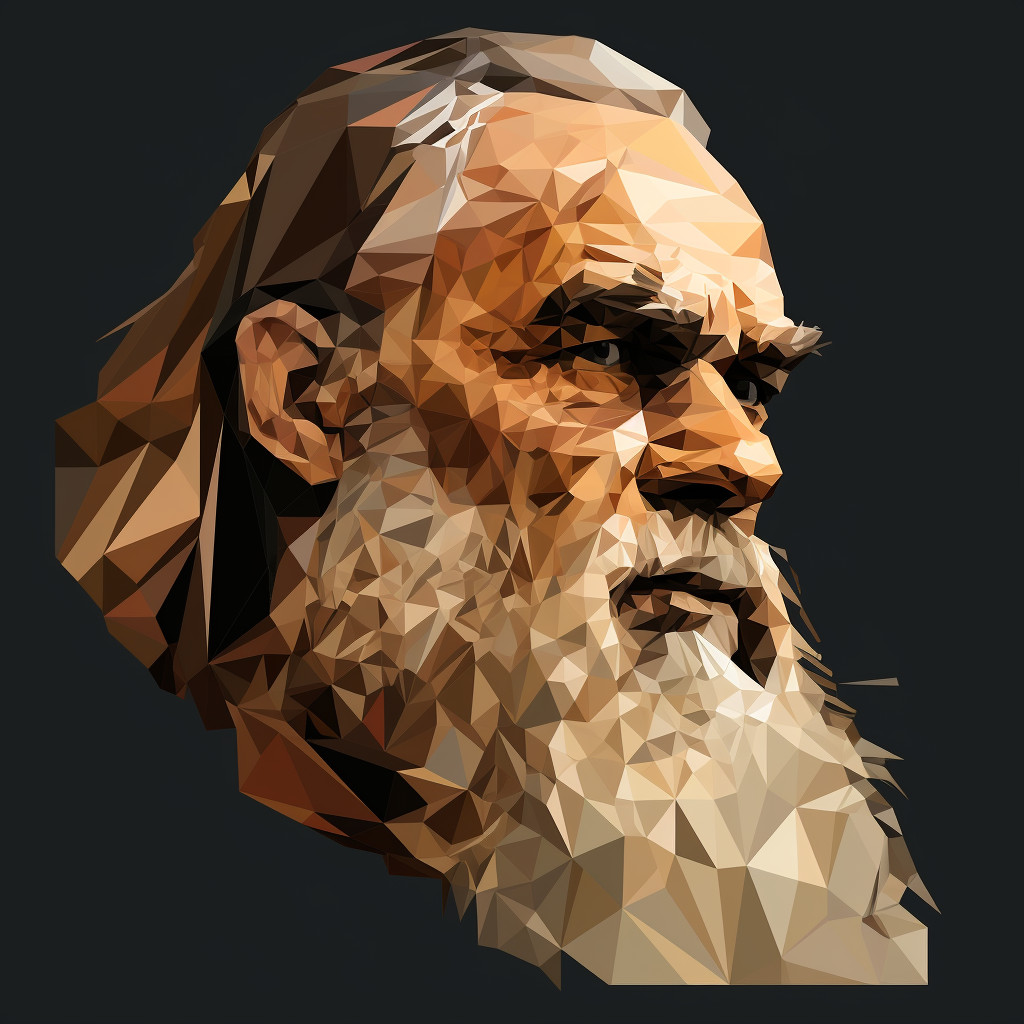'Skeletons' Quotes
Skeletons Quotes’ refer to phrases or sayings that highlight the idea of hidden secrets or shameful pasts. These quotes have been used throughout history to remind individuals of the importance of honesty and integrity. They serve as a reminder that everyone has skeletons in their closet and t…Read More
Skeletons Quotes’ refer to phrases or sayings that highlight the idea of hidden secrets or shameful pasts. These quotes have been used throughout history to remind individuals of the importance of honesty and integrity. They serve as a reminder that everyone has skeletons in their closet and that it is important to confront and learn from them. These quotes have influenced and inspired individuals and society by promoting self-reflection and personal growth. Famous figures such as William Shakespeare and Mark Twain have used ‘Skeletons Quotes’ in their works, further solidifying their impact on literature and culture. Today, these quotes continue to resonate and motivate people to embrace their flaws and strive for authenticity.Read Less
Skeletons Quotes’ refer to phrases or sayings that highlight the idea of hidden secrets or shameful pasts. These quotes have been used throughout history to remind individuals of the importance of honesty and integrity. They serve as a reminder that everyone has skeletons in their closet and that it is important to confront and learn from them. These quotes have influenced and inspired individuals and society by promoting self-reflection and personal growth. Famous figures such as William Shakespeare and Mark Twain have used ‘Skeletons Quotes’ in their works, further solidifying their impact on literature and culture. Today, these quotes continue to resonate and motivate people to embrace their flaws and strive for authenticity.
18 Admirable 'Skeletons' Quotations and Sayings
Skeletons – Symbolic Value
Skeletons have long been used as a symbol in various cultures and belief systems. They represent the physical structure of the human body, stripped of flesh and skin, and are often associated with death and mortality. However, the symbolic value of skeletons goes beyond their physical appearance and has deeper meanings in different contexts.In many cultures, skeletons are seen as a reminder of the inevitability of death and the impermanence of life. They serve as a symbol of the cycle of life and death, and the idea that death is a natural part of the human experience. This symbolism can be seen in the Mexican holiday of Dia de los Muertos, where skeletons are used as decorations and offerings to honor and remember deceased loved ones.In some belief systems, skeletons are also associated with the concept of rebirth and transformation. The Hindu goddess Kali, often depicted with a necklace of skulls and a skirt of human bones, represents the destruction of the ego and the cycle of death and rebirth. Similarly, in Buddhism, skeletons are used as a symbol of impermanence and the idea that everything is constantly changing and evolving.
Skeletons – Cultural and Historical Significance
Skeletons have played a significant role in various cultural and historical contexts. In ancient Egypt, the god Osiris was depicted as a mummified figure with a skeleton inside, representing the cycle of life and death. In Greek mythology, the god of the underworld, Hades, was often depicted as a skeleton, emphasizing his role as the ruler of the dead.In medieval Europe, skeletons were used as a symbol of the Black Death, a devastating pandemic that killed millions of people. The image of the Grim Reaper, a skeletal figure carrying a scythe, became associated with death and the fear of mortality.
Skeletons – Common Themes in Motivational Contexts
Skeletons are often used in motivational contexts to represent the idea of facing one’s fears and overcoming obstacles. The phrase “skeletons in the closet” refers to hidden secrets or past mistakes that can hold a person back. By confronting these skeletons, one can move forward and achieve personal growth and success.Skeletons are also used as a symbol of resilience and strength. The phrase “stronger than a skeleton” is often used to describe someone who has overcome difficult challenges and emerged stronger and more resilient.
Skeletons – Portrayal in Art and Media
Skeletons have been a popular subject in art and media for centuries. In the visual arts, they have been depicted in various forms, from realistic anatomical drawings to whimsical and cartoon-like illustrations. In literature, skeletons have been used as a symbol of death and the afterlife, as seen in the works of Edgar Allan Poe and William Shakespeare.In modern media, skeletons are often portrayed in a more lighthearted and humorous manner. The animated film “Coco” by Disney/Pixar features a vibrant and colorful portrayal of skeletons in the Mexican tradition of Dia de los Muertos. In the popular video game “Minecraft,” skeletons are depicted as hostile creatures that players must defeat to survive.
Skeletons – Impact on Understanding of Life and Society
The concept of skeletons has had a significant impact on our understanding of life and society. They serve as a reminder of our mortality and the fragility of life, encouraging us to live in the present and make the most of our time. They also highlight the interconnectedness of life and death, and the importance of embracing both aspects of the human experience.In society, skeletons have been used to represent the darker aspects of humanity, such as greed, corruption, and violence. They serve as a cautionary tale, reminding us of the consequences of our actions and the potential for destruction if we do not confront our inner skeletons.In conclusion, the concept of skeletons has a rich and multifaceted symbolic value, cultural and historical significance, and impact on our understanding of life and society. Whether seen as a reminder of death, a symbol of transformation, or a representation of resilience, skeletons continue to fascinate and intrigue us, making them a timeless and universal symbol.











